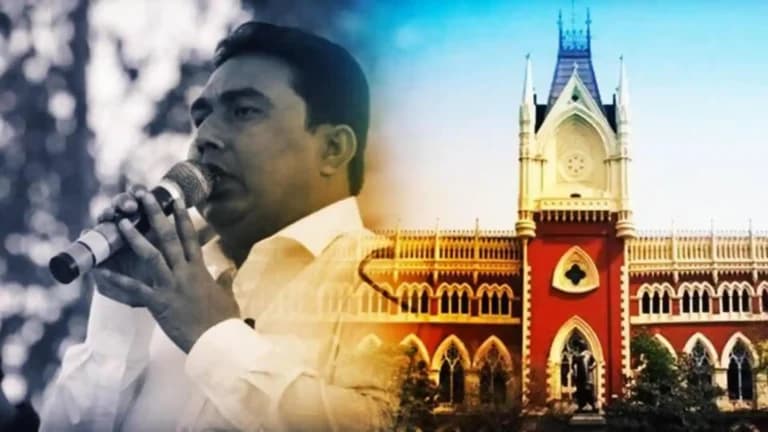In a significant ruling, the Calcutta High Court dismissed the appeal filed by Sahajahan Sk. and another appellant against a judgment directing the Central Bureau of Investigation (CBI) to investigate the 2019 post-poll violence case registered at Nazat Police Station. The Division Bench comprising Justice Debangsu Basak and Justice Prasenjit Biswas delivered the judgment on August 4, 2025, in MAT 1054 of 2025 with connected applications CAN 1 and CAN 2 of 2025.
The appellants, accused in the Nazat Police Station Case No. 142 of 2019, sought leave to appeal against the single bench’s order dated June 30, 2022, passed in WPA 702 of 2024, which had directed the CBI to take over the investigation. The appellants contended that they were not made party respondents in the original writ petition, and yet, the order adversely affected their legal rights since it related to a criminal case in which they were named accused.
The appellant is both a necessary and proper party in the writ petition as it concerns the criminal case where the appellant is an accused, argued the counsel for the appellants, highlighting the delay in filing the writ petition—filed in 2024 regarding an FIR from 2019 and chargesheet submitted in 2022. They also alleged political motives behind the petition.
In opposition, the senior counsel representing the writ petitioner (respondent no. 1) asserted that the accused has no right to intervene or select the investigating agency. Citing several Supreme Court judgments, including Narmada Bai vs. State of Gujarat and Ramachandraiah vs. M. Manjula, he emphasized that an accused has no legal standing to appeal or interfere in matters concerning the agency entrusted with the investigation.
“An accused has no right to be heard at the stage of investigation or to challenge the agency appointed for investigation. The principle of natural justice does not apply at this stage,” observed the Division Bench, aligning with the Supreme Court's precedent.
Read Also:-Calcutta HC Enhances Maintenance: Lifestyle Continuity, Not Just Subsistence, Now the Benchmark
The High Court noted that the appellant was not a party in the original writ petition and had no statutory right to file an appeal against an order of investigation issued by the Court under Article 226 of the Constitution. The Court reinforced that only affected parties with legal standing in a writ can challenge such orders.
The bench clarified that the direction for CBI investigation, particularly in criminal matters involving public interest or alleged improper investigation, lies at the Court’s discretion. It further stated that the accused cannot challenge this direction, nor can they claim a right to be heard in such proceedings.
The High Court is not obliged to hear the accused or make them a party when the issue concerns direction for investigation by a specific agency, the Court stated.
Read Also:-Calcutta HC Replaces Death Penalty with 60-Year Jail Term in Minor’s Rape-Murder Case
After a detailed review of legal precedents and statutory interpretation, the Division Bench held that the appellant had no locus standi to challenge the single bench’s directive.
Case Title: Sahajahan Sk. & Anr. vs. Supriya Mandal Gayen & Ors.
Case Number: MAT 1054 of 2025(with IA No. CAN 1 of 2025 and IA No. CAN 2 of 2025)














